9 SEO Pros about the Future of the Industry: Reinventing SEO Should Be On Everyone’s Agenda
The only constant in SEO is change itself. We’re now witnessing quite a few industry shifts, ranging from helpful content and EEAT prioritization to integrating AI-powered experiences into search. I touched base on these topics during my interviews with the latest BrightonSEO conference speakers and visitors, including:
- Carmen Dominguez, Head of Organic at Hallam (speaker)
- Stevy Liakopoulou, SEO Expert at Search Magic (speaker)
- Lucia Dello, Founder & Director at Dello Insights (speaker)
- Anna Moragli, Founder at Search Magic (speaker)
- Jacco Hermus, Senior SEO Specialist at Springbok Agency (visitor)
- Gerko Boerema, Head of SEO at NeoSEM (visitor)
- Natalia Witczyk, CEO & International SEO Consultant at Mosquita Digital (visitor)
- Mathias Noyez, SEO Consultant & Co-founder at Depends (visitor)
- Bogdan Babyak, CMO at SE Ranking
We discussed what makes content truly valuable, whether investing in quality content is wise with AI Overviews (formerly known as SGE) threatening to steal your traffic, whether you should put your best knowledge and expertise behind a paywall, how to build EEAT effectively, and so much more. Keep reading to discover experts’ insightful responses for reinventing our approach to SEO.
Helpful content: does offering genuine value pay off?
Many BrightonSEO speakers, including Gerko, Carmen, and Anna, emphasized the growing importance of creating content that genuinely helps and engages users. This is a much better strategy than merely targeting keywords.

Mathias agrees:

Just like Gerko, Jacco believes the SEO of the past is over. He stresses the importance of finding your unique voice:
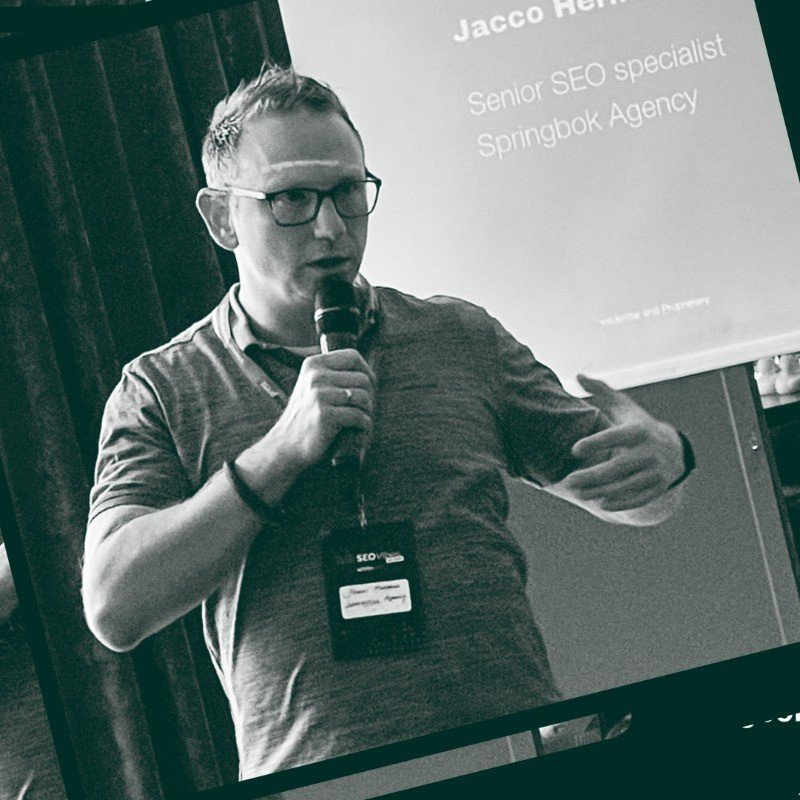
Here’s a loaded question. Given the threat of AI Overviews and predictions of up to 50% less traffic, can we really justify investing in valuable content? I’ve been discussing options with other SEOs in my personal circle. One of them is to put the best content behind a paywall, which is what Marie Haynes does, for example. I asked Mathias his perspective on this and whether he thinks it’s feasible. Here’s what he said:

But this leads us to another question. If your best content is behind a paywall, don’t you lose out on EEAT signals? Mathias responded by highlighting the importance of reputation and connections:

Looks like we both agree that Google still poses a significant challenge here.
EEAT extends far beyond your website
Carmen and I discussed EEAT extensively. We agreed that SEO specialists spend too much time looking for ways to provide EEAT and trust signals directly from their website. But I mentioned in my presentation at last year’s BrightonSEO that simply publishing an author bio or crafting an author page does not make the author an EEAT by a long shot. Carmen suggests:
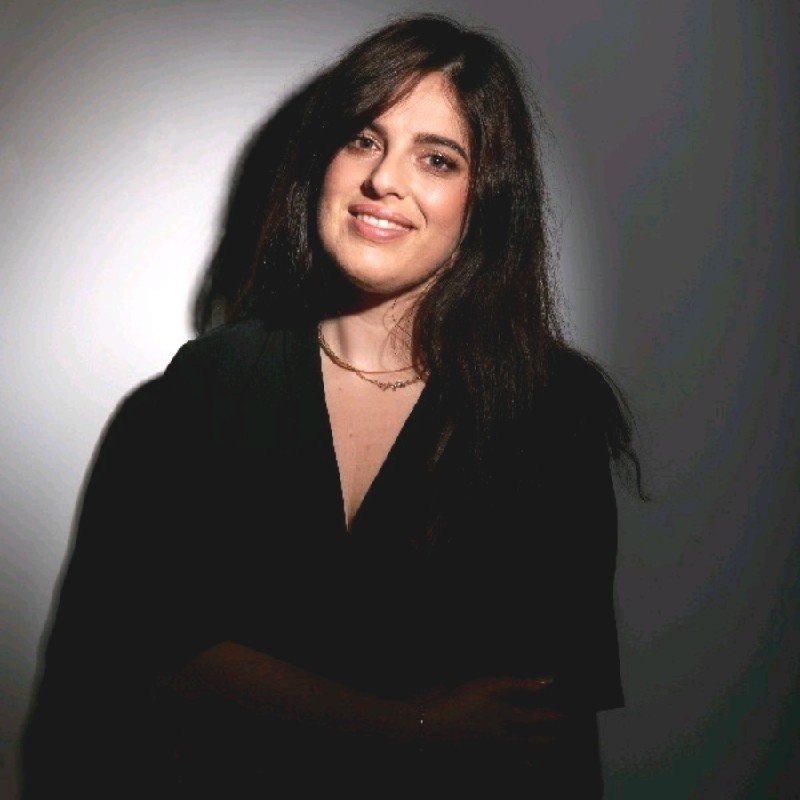
Stevy Liakopoulou also believes that building a social media presence is essential for organic promotion:
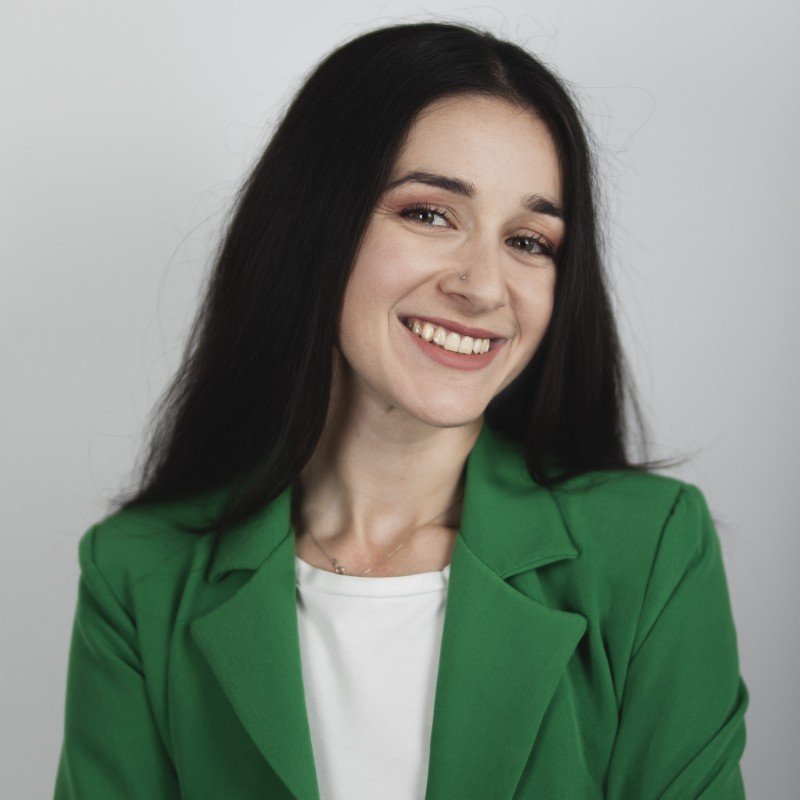
You must reuse your content strategically across all organic channels, venturing beyond SEO and into organic strategies.
Video interview with Carmen on YouTube:
Organic strategies: pivotal role of branded traffic
Lucia stresses the contribution of SEO, the value it brings, and how implementing organic strategies is so much more rewarding than simply running paid campaigns:

One highly underutilized strategy is focusing your promotional efforts beyond the website. This leads to increased branded traffic to it. This is why Carmen reports on both branded and non-branded traffic.
In her session, Carmen showed us an experiment where they used PR, TV, and social media to strengthen their client’s brand awareness. Interestingly enough, the performance of non-branded keywords also showed a significant increase. Months after the campaign ended, people continued to click more on the client’s website through non-branded search results.
Isn’t that what we all want? When people use non-branded search terms on Google and click on your results more often, doesn’t this send a positive (NavBoost?) signal to Google? There is no definite answer, but I’m convinced that it indicates to Google that your site matters for those non-branded search terms.
Video & SEO: no excuses to not produce videos
While we have seen ‘regular’ YouTube videos ranking well over the years, Short Videos now appear on Google’s “page 1” more often. ‘Shorts’ are short, vertical videos that appear on platforms like YouTube, Instagram, TikTok, and Facebook. I’ve seen them appear for ecommerce terms like ‘blush’, ‘mascara’ and ‘jeans’’, but also on B2B search terms like ‘hr software’. In fact, that’s why I wanted to speak with Stevy Liakopoulou about ecommerce video strategies. I was most curious about how she dealt with internal concerns and how she made the ROI of videos transparent.
Here’s what Stevy suggests in case your employees don’t want to be on camera:

And therein lies the question of expenses, since creating high-quality original videos can cost a fortune. Anna Moragli offers one possible solution:
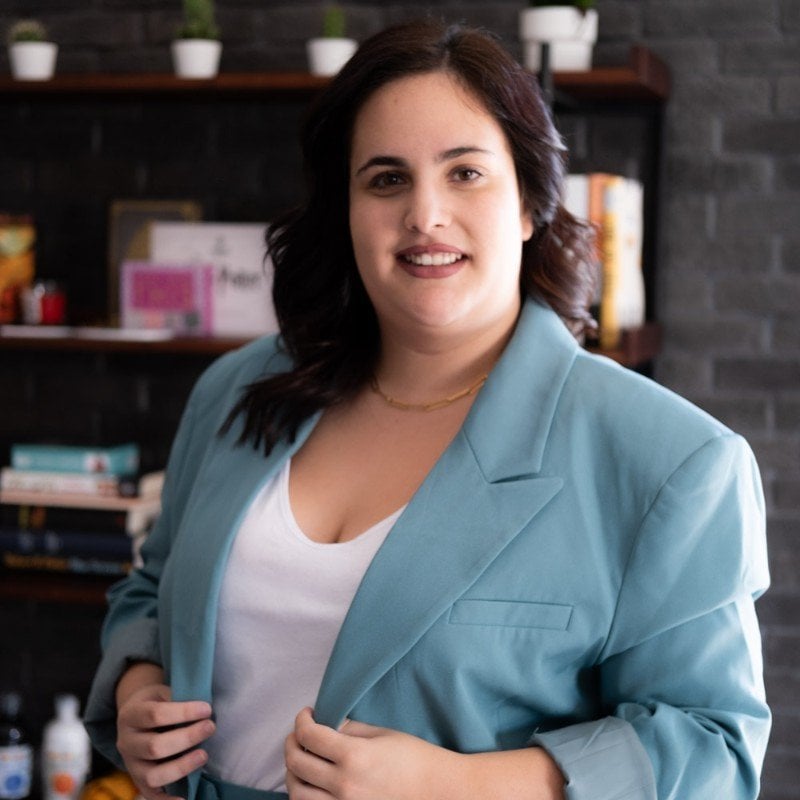
It is also possible to publish your video on virtually every platform out there:

To create high-impact ecommerce videos with measurable ROI, Stevy suggests combining several products and creating a “Shop the Look” kind of video. You can then measure the products’ sales (demonstrated in the video) to calculate the ROI.
Many believe that creating quality videos requires expensive cameras and studio rentals. Stevy refutes this:

Video interview with Stevy on YouTube:
Google’s GenAI Search: driving us crazy with uncertainty
The interviewees had varying opinions on the impact of AI Overviews (formerly referred to as SGE) on search results.
Jacco believes that these AI snippets will never completely replace traditional results but will instead serve as an additional layer for certain queries. He predicts that Google will need to make adjustments to AI Overviews due to issues with low-quality or unreliable responses.
Natalia is taking a cautious approach with her clients regarding AI Overviews, especially since it hasn’t rolled out in Europe yet. On May 14th, at Google I/O 2024, AI Overviews were announced to go live in the US with more countries coming soon. She anticipates that Google will need to rethink certain aspects of this feature.
SE Ranking, however, stands as one of the pioneers of AI Overviews research. They have kept a watchful eye on AI snippets since they started appearing in search. SE Ranking has already incorporated AI Overviews tracking in their tool while continuing to make enhancements to this feature. Bogdan Babyak, the SE Ranking’s CMO, shares how their tool has adapted to the emergence of SGE:
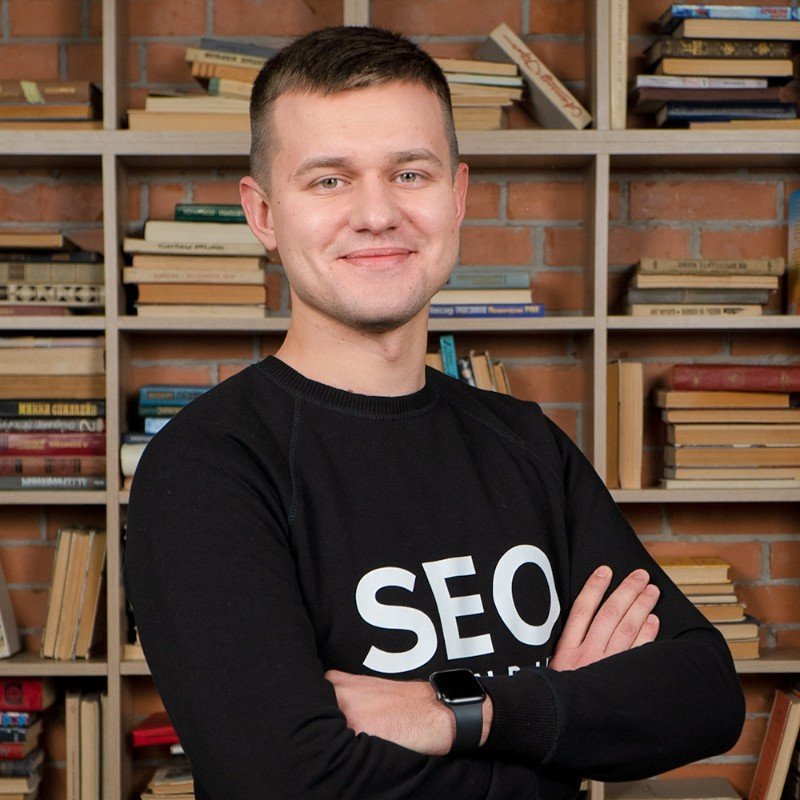
Here are some more of his findings based on his company’s user feedback about AI overviews:

The future of SEO: Do not put your eggs in one basket
AI-enhanced search, Helpful Content, EEAT; there are so many aspects of SEO to consider. SEO has never been as dynamic as it is now, and for many parties, it brings a lot of uncertainty. If you follow the messages on X and monitor visibility fluctuations in various specialized tools, you can see that many sites have lost a lot (sometimes even all) of their search visibility on Google. This demonstrates that, as a business, depending solely on Google is a no-go.
Mathias suggests:

The approach Stevy and Carmen take towards SEO, organic strategies, and content creation illustrates their broad perspective. They don’t just recommend creating content for your website, but for your brand and customers. This is how you spread content intelligently across various organic channels, including your website.
A smart strategy would be to invest in multiple organic channels. Videos, helpful content, EEAT, and SEO all go hand in hand and can no longer reliably exist without one another. The future of SEO is the integration of all available marketing channels. This suggests that your objective should be to broaden your scope beyond rankings and organic traffic. The necessary investments are too high for these metrics alone.
Also, it’s not just about investments. If you start building an online reputation, making connections with other authorities, and creating helpful content (whether in the form of videos or not), you’ll benefit beyond just SEO. Successful adaptation may not entail altering your approach. Instead, it may require a shift in your mindset.

